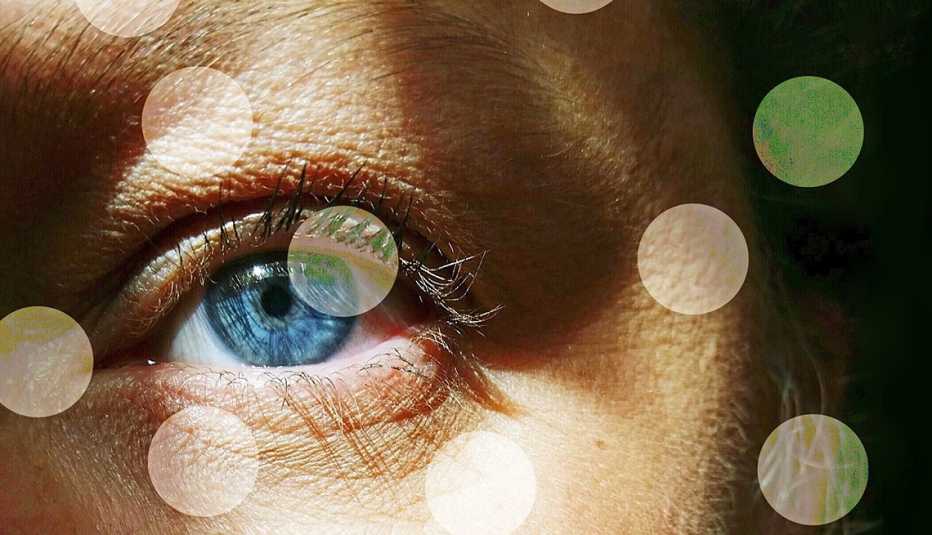AARP Hearing Center


You may think that recent changes in your vision are just another sign you’re getting older. That may not be so. Although nearly half the people who struggle with a visual disability are 65 or older, many of those cases could have been prevented. “It’s not normal to be losing vision as you get older, and there’s usually an underlying reason,” says Rahul Khurana, M.D., a physician and clinical associate professor in ophthalmology at University of California San Francisco Medical Center. With new treatments for a variety of eye diseases, doctors can slow their progression or reverse the damage — though you have to know what’s going on first.
Here are some troubling eye symptoms and what to do if you experience one.
1. You have double vision
First, a self-test: Cover one eye. Is the symptom still there? If yes, that’s good news. The cause could be dryness; using artificial tears to lubricate the eye surface may help, says Jennifer Eikenberry, M.D., an ophthalmologist and assistant professor of clinical ophthalmology at Indiana University School of Medicine. More worrisome is when the problem is “binocular,” meaning that double vision disappears when you close one eye. “It’s a sign that your eyes are not aligned, and we worry that the double vision is caused by a nerve palsy from a stroke or aneurysm,” she explains.
2. You see floaters or flashes
With aging, the gel-like substance in your eye starts to liquefy; as it pulls away from the retina, you may see dark moving spots called floaters. According to Khurana, 85 percent of the time, these are not dangerous. But if you see new floaters or flashes of light in your field of vision, contact an ophthalmologist immediately; you may need a dilated eye exam to rule out a retinal tear.
3. Your eyes feel dry
You may be soaking up too much screen time. Staring at a screen cuts your blink rate in half, so your eyes get parched and uncomfortable easily. If you’re experiencing dry eye daily, take frequent breaks and use preservative-free artificial tears four times a day (even if you don’t think you need them), Eikenberry says.






































































More From AARP
Warning Signs of Retinal Detachment
Fast action could save your eyesight
What to Know About Eye Floaters and Flashes
They can be harmless or signal a vision-threatening problemThe 10 Best Superfoods for Your Eyes
Protect your vision with these nutritious (and delicious) foods